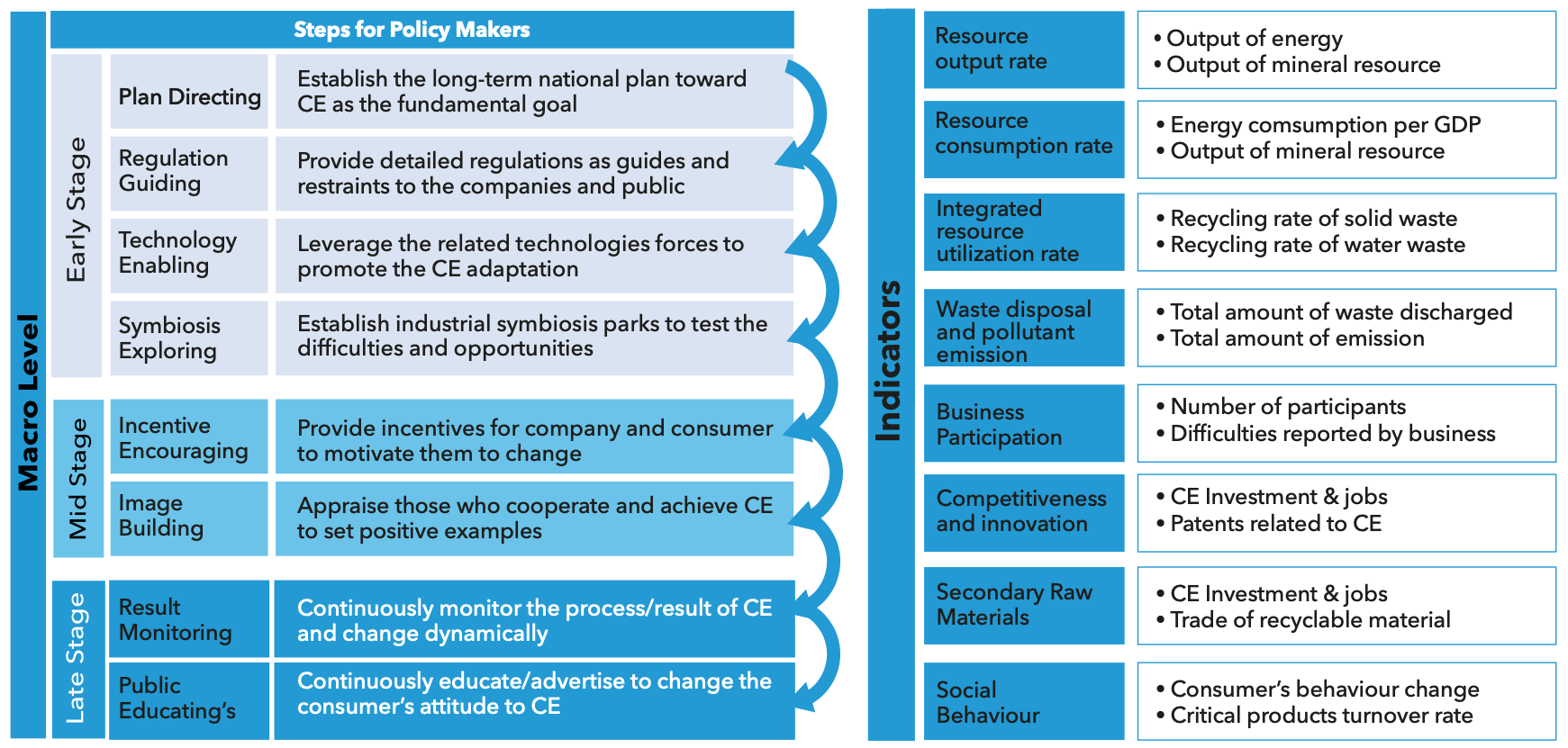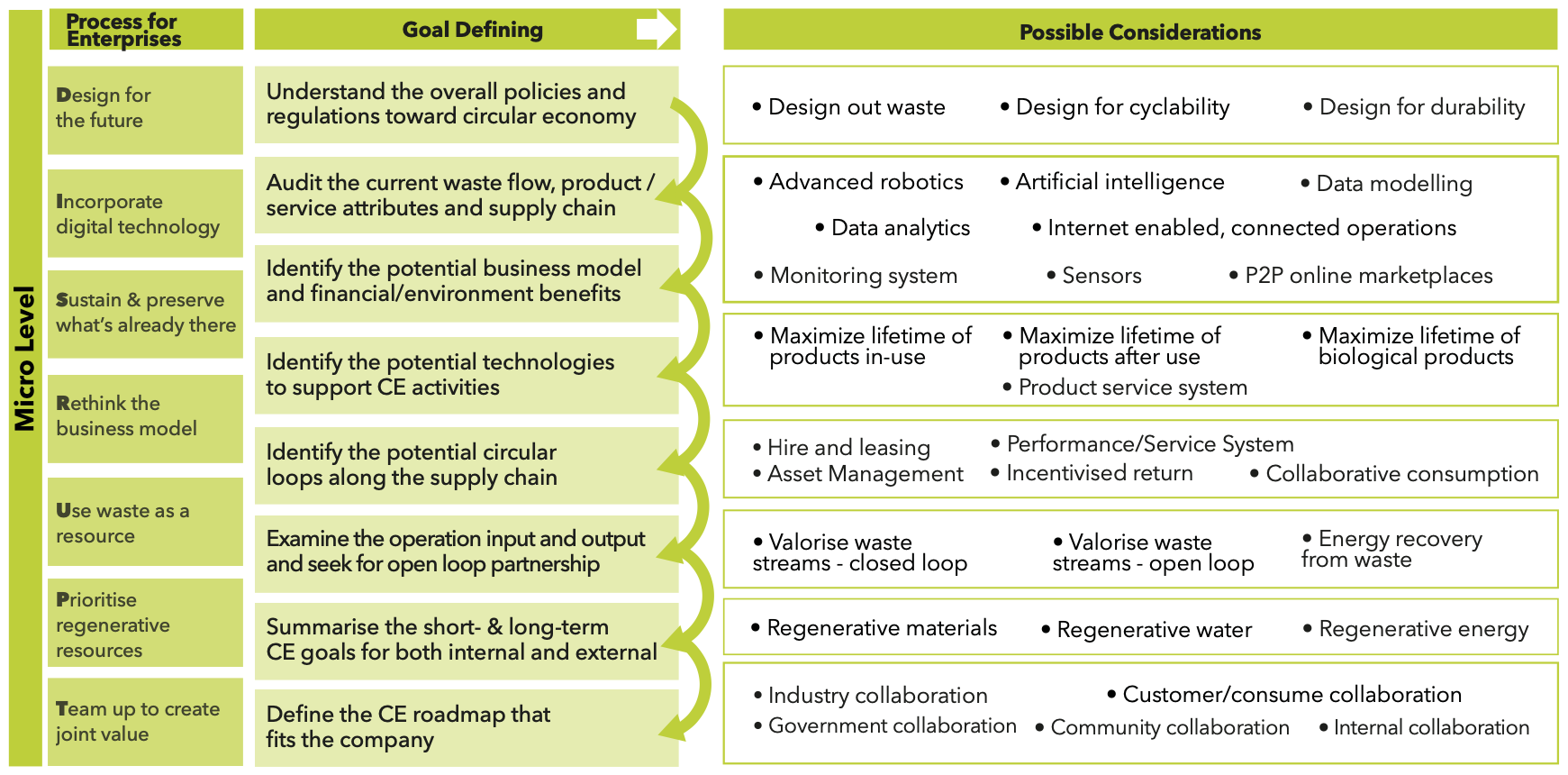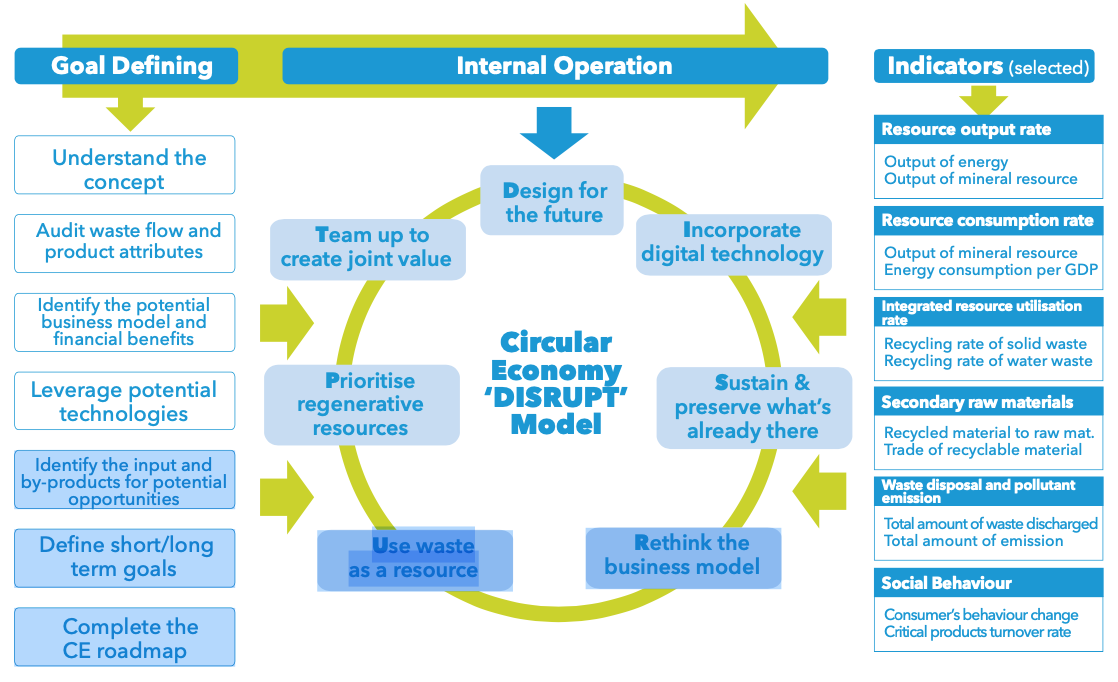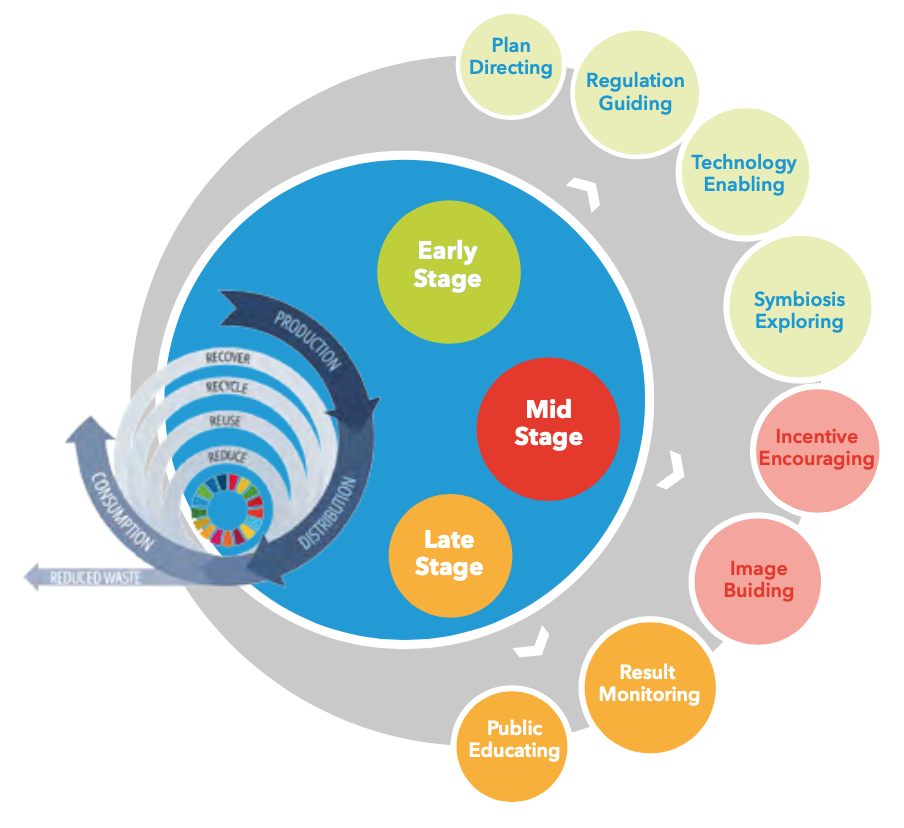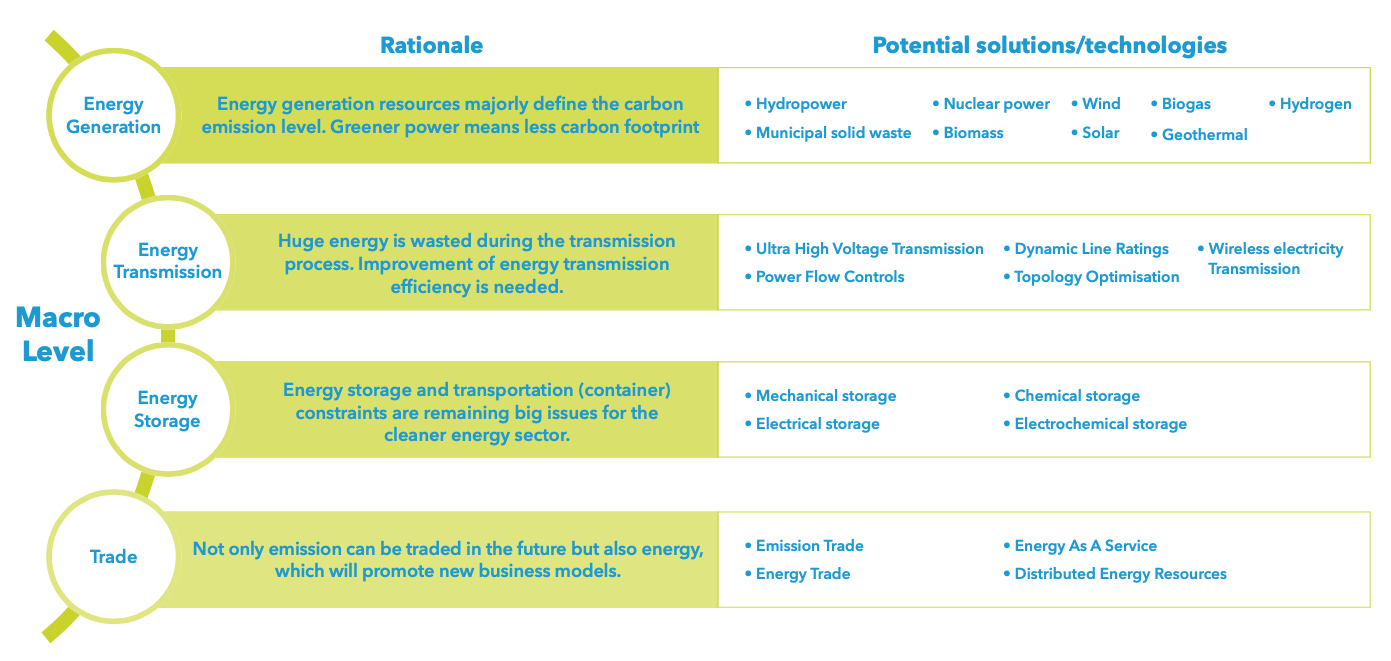The circular economy (CE) is gaining recognition as a solution to current environmental challenges. This system seeks to reduce waste and pollution by promoting reuse, repurpose, and recycling of resources. It represents a departure from the traditional linear economy model of take-make-dispose to a more sustainable and regenerative model that maximises the use of resources and minimises the extraction and use of finite resources. By adopting CE principles, businesses can reduce waste, increase resource efficiency, and create new business opportunities while promoting social and economic inclusion. The CE model can also help create a more sustainable and resilient economy and reduce the environmental impact of industrial production.
This report as part of the deliverables from the project Repowering the Black Country, is co-developed with Loughborough Business School. It provides an overview of the CE methodology, its principles, and its potential benefits for businesses and society. It also examines the challenges and opportunities associated with transitioning to a CE model and highlights examples of CE practices suitable for various industries. By embracing this model, businesses and society can create more sustainable and regenerative economic systems.



